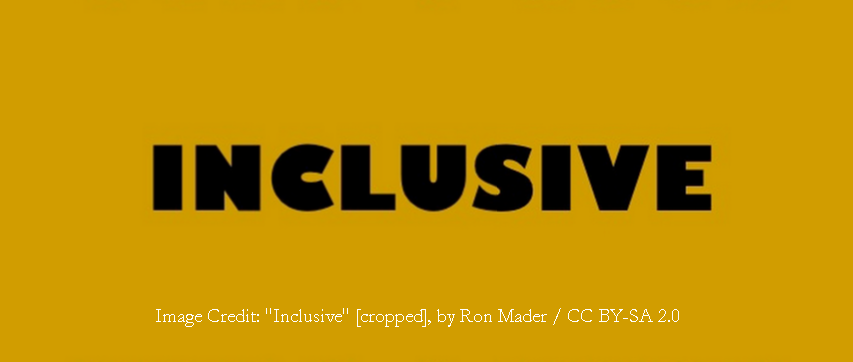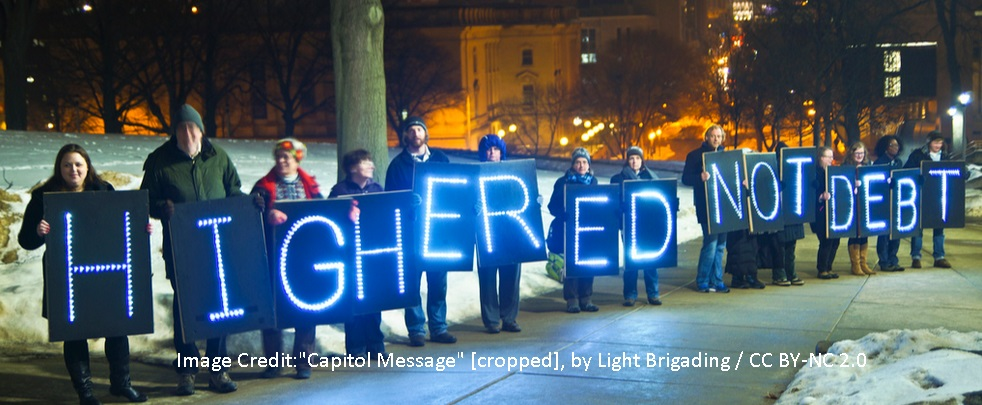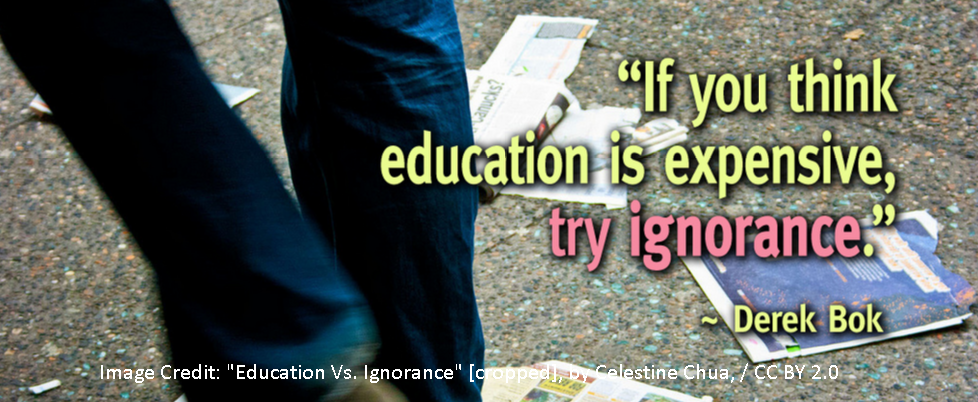Making Sense of Research
Making Sense of Research Patrick Blessinger St. John's University and HETL Association CLICK TO VIEW PDF OF ERM FRAMEWORK The aim of this article is to provide a brief overview of the educational research methodology framework and how it came into existence and how it might be most useful to higher education faculty, researchers, and students as well as others involved in educational research, inside or outside of academia. The framework may be particularly useful to those in education and the social sciences but it may also have applicability to those in the humanities as well as professional disciplines like business and the healthcare sciences. Key definitions Broadly speaking, research can be defined as the process of systematic inquiry to better understand the nature of a particular phenomenon and the nature of the relationships among certain variables (that are of interest to the researcher) related to that phenomenon. The phenomenon can take [...]







